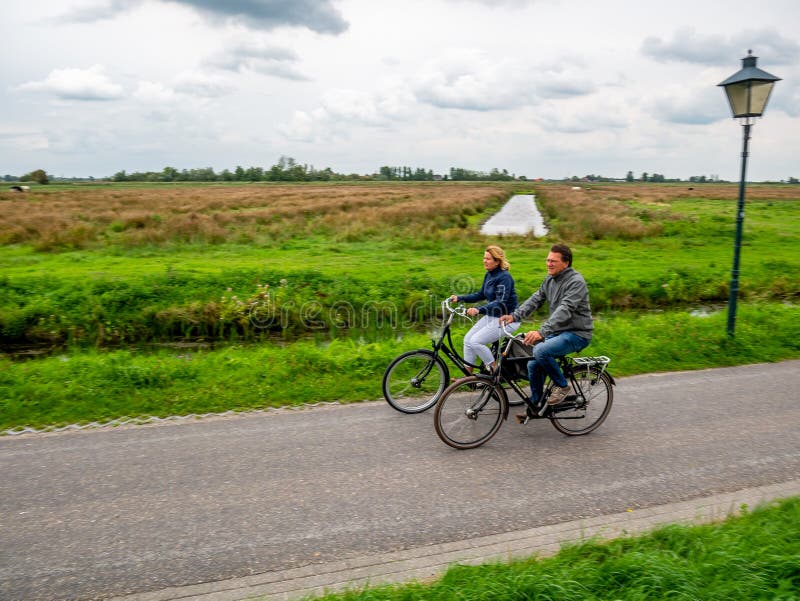Hey There, Let’s Talk About Medical Transport
Alright, so here we are, diving headfirst into the fascinating world of medical transport. You know, it’s one of those industries that doesn’t always get the spotlight but plays a crucial role in our daily lives. Picture this: someone needs urgent care, and they’re miles away from the nearest hospital. That’s where medical transport comes in, bridging the gap and saving lives. But like any industry, it’s not without its ups and downs.
Opportunities Knocking in Medical Transport
Let’s talk opportunities first because, hey, who doesn’t love a good success story? With advancements in technology and an ever-growing population, medical transport has a ton of potential. Telemedicine is becoming more integrated, meaning patients can get care faster and more efficiently. Also, the rise of electric and autonomous vehicles is opening doors for cleaner, safer transport solutions. These innovations aren’t just cool—they’re game-changers for the industry. And let’s not forget the increasing demand for non-emergency medical transport services, catering to aging populations and those with chronic conditions. It’s a booming market with plenty of room for growth.
But Wait, There Are Challenges Too
Now, for the not-so-rosy side of things. The medical transport industry faces some serious hurdles. Regulatory hurdles can be a real pain, with different rules and requirements across states and countries. Funding and reimbursement issues also loom large, making it tough for companies to stay afloat. Plus, there’s the ongoing challenge of ensuring safety and reliability in transport, especially in emergencies. And let’s not overlook the workforce shortages that many companies are grappling with. It’s a balancing act, and one that requires smart strategies and adaptability to overcome.
Read also:Octomoms Grocery Bill A Shocking Reality
How to Type Accented Characters Like a Pro
Ever wondered how to type those fancy accented characters, like á, à, â, etc.? Well, buckle up because we’re about to break it down for you. On a Mac, it’s a breeze. Just hold down the Option key and press the corresponding shortcut for the accent you want. For example, to type an á, press Option+E and then the letter A. Each accented ‘a’ has its own distinct shortcut, but they all follow a similar keystroke pattern. It’s like learning a secret code, and once you’ve got it, you’ll wonder how you ever lived without it.
Google Translate: Your Best Friend in a Multilingual World
Let’s talk about Google Translate for a moment. This free service is like having a personal translator in your pocket. Need to translate a word, phrase, or even an entire webpage? Google Translate’s got you covered. With over 100 languages at your fingertips, it’s an invaluable tool for anyone navigating the global landscape. Whether you’re traveling, doing business, or just trying to communicate with someone from another country, Google Translate makes life easier. Sure, it’s not perfect, but it’s a heck of a lot better than fumbling through a dictionary.
Learning Pronunciation with IPA
Speaking of languages, let’s chat about pronunciation. Ever tried to pronounce a tricky Spanish word like ‘España’? It can be intimidating, right? That’s where the International Phonetic Alphabet (IPA) comes in. This system breaks down words into their individual sounds, making it easier to get the pronunciation just right. And if you’re really serious about mastering a language, there are tons of resources out there, from audio recordings to interactive apps. So whether you’re practicing at normal speed or slow-mo, the key is consistency and practice.
Exploring Cultural Differences Across the Globe
Let’s shift gears and talk about something a little broader: cultural differences. Why do countries like South Korea and Afghanistan seem worlds apart? Or what about Nigeria and Sweden? The differences can be glaring when you compare extremes, but it gets trickier when you look at countries that, on the surface, seem similar. Understanding these nuances is crucial in our increasingly interconnected world. It’s not just about language or food—it’s about values, traditions, and ways of life. And the more we understand, the better equipped we are to navigate global challenges.
Real-Life Stories: Bridging the Gap
To bring it all home, let’s hear a story. Imagine a mother in Brazil who’s struggling to care for her sick daughter. She’s juggling work, family, and health concerns, all while trying to keep her spirits up. In moments like these, the little things matter—a comforting word, a homemade snack, or even just a helping hand. It’s these human connections that remind us of the importance of empathy and support. And whether you’re in Brazil, Spain, or anywhere else, these shared experiences are what make us human.
So there you have it, a deep dive into the world of medical transport, language, and culture. It’s a complex, ever-changing landscape, but one that’s full of opportunities and lessons. Keep exploring, keep learning, and most importantly, keep connecting with the world around you. Because at the end of the day, it’s all about making life better for everyone involved.
Read also:Princess Beatrices New Baby Athena A Royal Journey


